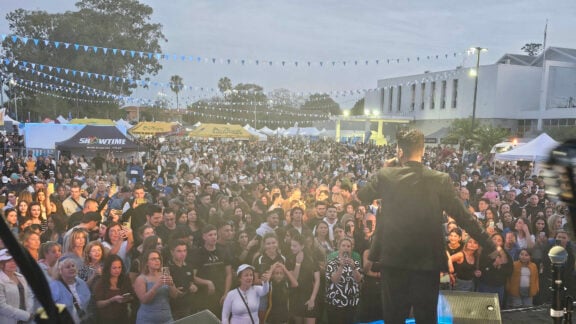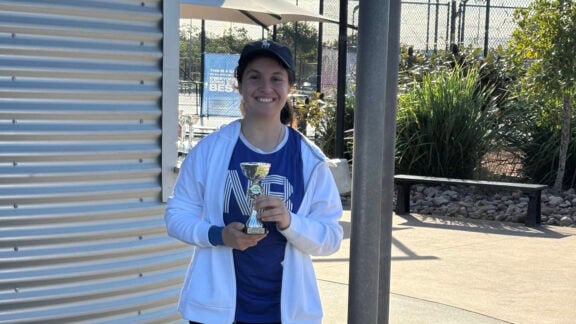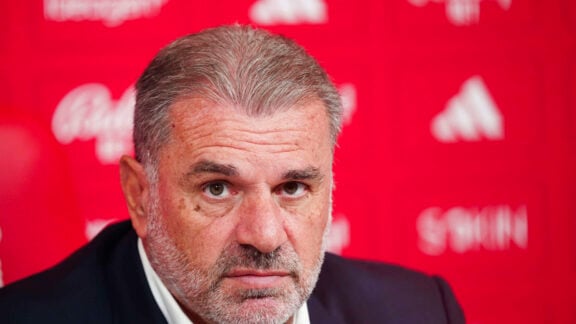The most shocking thing for me about covering this story is that you constantly realize that you’re not in a warzone. That you’re working in a place where there is peace. But the emotions that you’re capturing with your lens are the same.
I’ve worked in Syria and Libya. I know what a warzone looks like. You expect to see things like this there. You don’t expect to see them on Lesbos.
The human pain is the same as in a war, but just knowing that you are not in a warzone makes it much more emotional. And much more painful.
It’s also hard because you have to capture the difficulties of these people, and the pain of these people, but it’s not dangerous for you. When you’re at a war, there are dangers for you, too, so somehow you’re on a more equal footing with the people you’re covering.
But here, there are no dangers for you. That’s why there are many times when I drop my camera and I help people. Because you need to.
There are so many boats, sometimes you’re working in a boat alone. Sometimes the weather is bad, the approaches to the shore are difficult, there are lots of rocks. You may be near the shore, but the danger is still there.
Many of these people don’t know how to swim. Especially the babies.
The babies get to me the most. Maybe it’s because I have a six-month-old daughter at home. My worst moment of this story so far was the last big shipwreck, when I went to the port and they brought the first babies that had drowned and they were trying to bring them back to life.
I cannot even think about those scenes anymore. I try to erase them from my mind. We’re talking about babies. It’s just something that you can’t accept.
Another bad thing are the sounds. This is something that you don’t get from looking at my pictures. The complete panic. You hear people screaming when they try to come ashore. The local residents are trying to help them. There is pain all around them. There is complete panic. Just complete panic.
I try to capture this in the picture and you get some of the shock, some of the complete panic in the picture. But the reality is much more shocking when you live it. When you hear the cries.
A few days ago, I carried a dead baby for hours. We scrambled to a remote, rocky beach with some colleagues. It was impossible to reach, we had to climb over many rocks and cliffs to get there. And when we got there, we saw this baby, lying alone in the rocks. It had been there for a few days, so it had started to smell. It was all alone in the rocks.
We decided to bring it back. So we put it in a bag and brought it up the cliff, so it could at least be buried.
When you see and live things life that, you think of your daughters and you think of how lucky they are.
I have three daughters. One is nine, one is seven and the six-month-old. I think of them all the time as I’m covering this story. I think of how lucky they are. When I see people drowning and I see dead babies on the shore, I think of how lucky they are to be alive, to have a roof over their heads, to live in peace.
I will probably end up being more strict with them because of what I’ve seen.
Because when they start whining about something silly, like a toy, I will think of how lucky they are that they don’t have to go through this. I will try and teach them this.
Of course I will do everything I can for them, but I will try to teach them more things now, things that I may not have taught them if I hadn’t covered this story.
They need to learn that happiness is breathing, seeing the sun, having somewhere to sleep.
This story has made me think differently when it comes to my personal life. When you see things like this every day, you realize how lucky you are that you live in the West, that you were born in the West.
Every day, in the early morning, I drive my car from the hotel to the coastal zone. Lesbos has many, many beaches and cliffs. I use my binoculars to try and spot the boats in the sea. Once I spot one, I try and see where it will land and I go there and wait for it to come.
The boats come all day and all night. There are days that 80 boats can come.
There are 45 to 60 people in a small boat, in bigger ones, there can be 100 or more, so you get the idea.
One day a ship came. A ship.
Of course there are happy moments, too. When they reach the shore, many of the refugees are happy.
But for me, the bad moments overshadow the good ones. Plus I know what lies ahead for these people. I followed refugees this summer as they made their way from Greece to northern Europe. I did the trip, I know what they will face.
There is no welcome for them in Europe. They may be happy to reach the beach, but it’s only the beginning.
Sometimes they ask me, what’s going to be next and I tell them: This is only the beginning. Maybe it’s gotten a bit better since this summer, at least they’re not facing the smugglers and the process has been smoothed out a bit. But still, they have a long road ahead of them.
Noone has ever told me to my face, but sometimes I feel it unsaid from colleagues, that when I drop my camera and help, I shouldn’t be doing so, because I’m not doing my job, I might miss a shot.
I don’t think I miss anything. But even if I do miss something, I don’t care. Go ahead and judge me. I would like for there to be many more hands here so I don’t have to stop working and help, so I can just do my job. But there aren’t. And when I see a baby in the water, about to drown, well I just stop shooting and I pluck it out.
Some colleagues do the same thing.
Some choose not to. I don’t judge. It’s a choice. We still live in a free country and you decide for yourself. But I have to say that I don’t like it when someone needs your help and you don’t help them.
I’ve been here a few weeks this time around. I will stay one more week, then go home and rest and then will come back.
This is something that we have to show to the world. This is something that will not stop. These people will keep coming, risking everything. The weather will soon get worse and it will become much worse as the winter sets in.
Maybe if we keep showing these things, maybe something will change. I hope so.
*Aris Messinis is an AFP photographer based in Athens. Source: AFP blog








